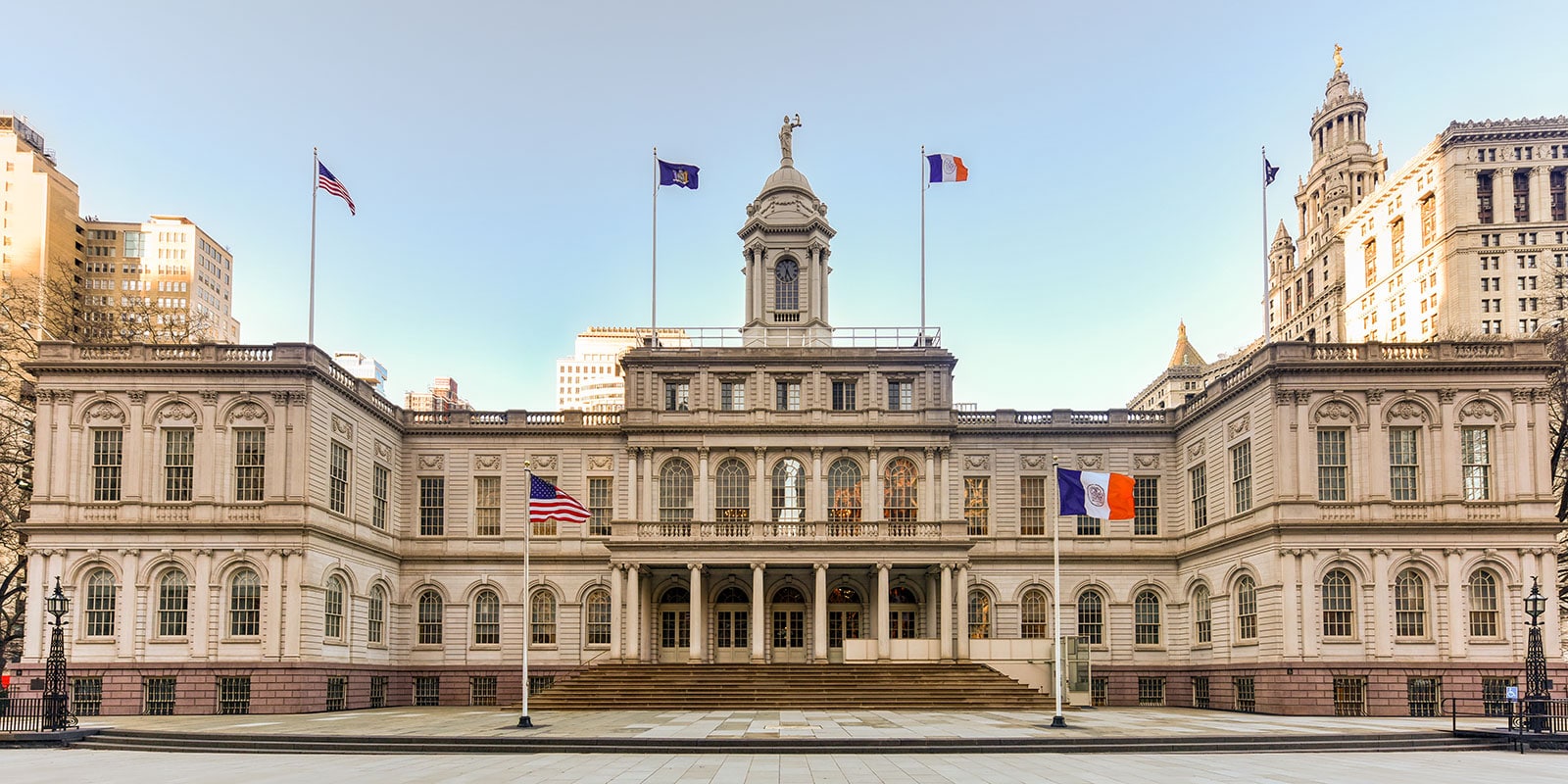On October 1, the U.S. federal government went into a shutdown after Congress failed to pass a new budget bill, forcing about 900,000 civil servants to take unpaid leave, while another 700,000 continued working without pay. The shutdown not only disrupted daily government operations but also placed the Trump administration’s recent wave of layoffs under intense public scrutiny.
The U.S. federal civil service system is known for ensuring professionalism and independence. The vast majority of civil servants fall under the Competitive Service, which requires open recruitment processes—including exams and credential reviews—to ensure fair selection. After completing a probationary period, civil servants are granted tenure protections, meaning they generally cannot be dismissed except for poor performance or misconduct. The dismissal process is highly regulated, and employees may appeal to the Merit Systems Protection Board (MSPB). The Excepted Service and the Senior Executive Service operate under more flexible hiring and management arrangements but remain largely subject to legal protections.
Since taking office, the Trump administration has repeatedly issued executive orders weakening civil service tenure protections and launched “Project 2025,” an initiative aimed at giving the president greater authority to dismiss federal employees. Since early 2025, more than 120,000 civil servants have left government service through layoffs, early retirement, or resignation, including cuts in several key agencies. Layoffs have even accelerated during the shutdown, reportedly affecting around 16,000 employees. Senior officials have warned that if such actions do not comply with the Antideficiency Act, they could pose legal risks.
Among the affected civil servants, Chinese Americans account for over 8% of the total workforce, with many serving in education, technology, healthcare, and agriculture. Recent layoffs have hit them especially hard. For example, on October 2, the Department of Justice dismissed two senior employees who had served as federal prosecutors under the Biden administration, one of whom was Chinese American, Maya Song. Observers believe such layoffs are both politically motivated and indicative of mounting pressure on the civil service system. Many Chinese American civil servants have expressed concerns that language and cultural barriers exacerbate the uncertainty they face in layoffs and reemployment.
The shutdown and layoffs have also sparked legal disputes. Civil service unions and legal experts argue that the Trump administration’s actions may violate the Civil Service Reform Act and the Veterans’ Preference Act, and lawsuits have already been filed in court. No final ruling has been issued yet, but the outcome could have far-reaching consequences for future federal layoffs and the integrity of the civil service system.


